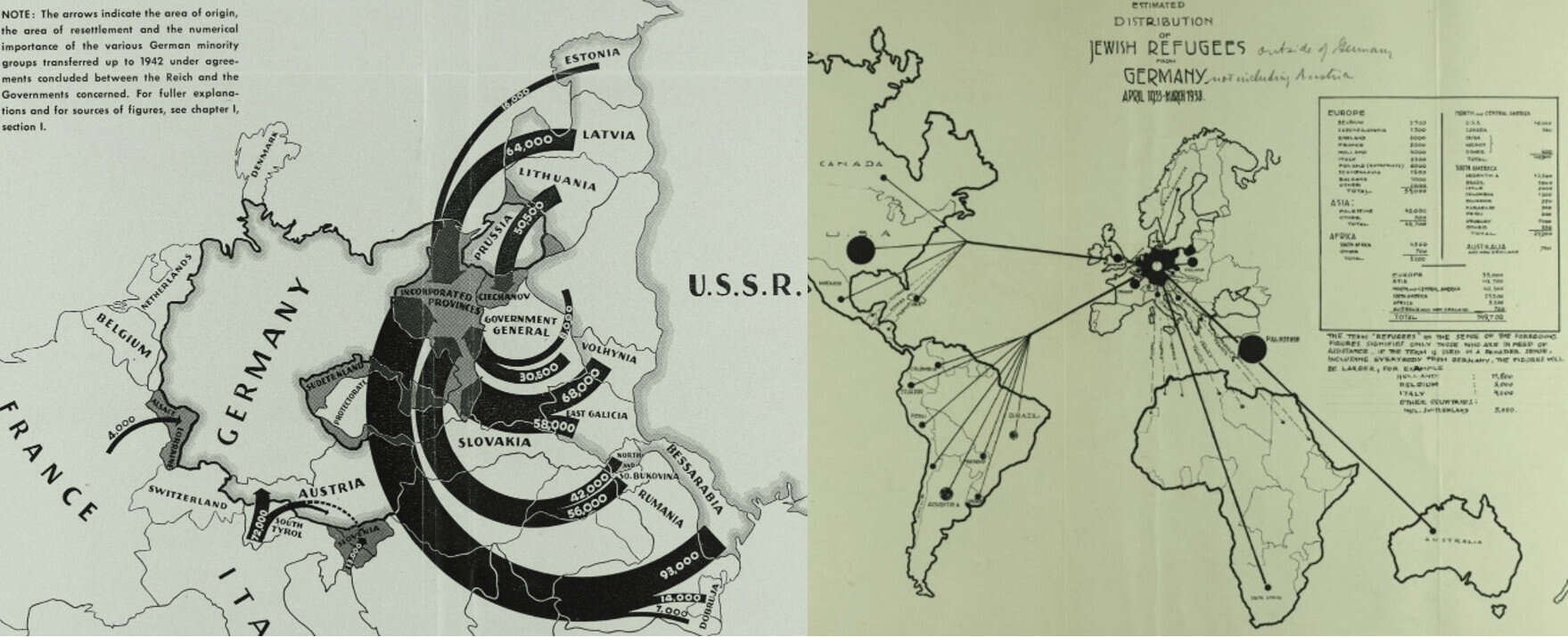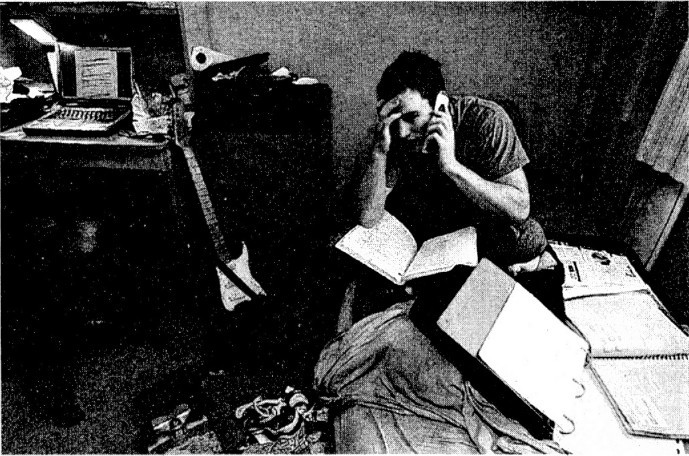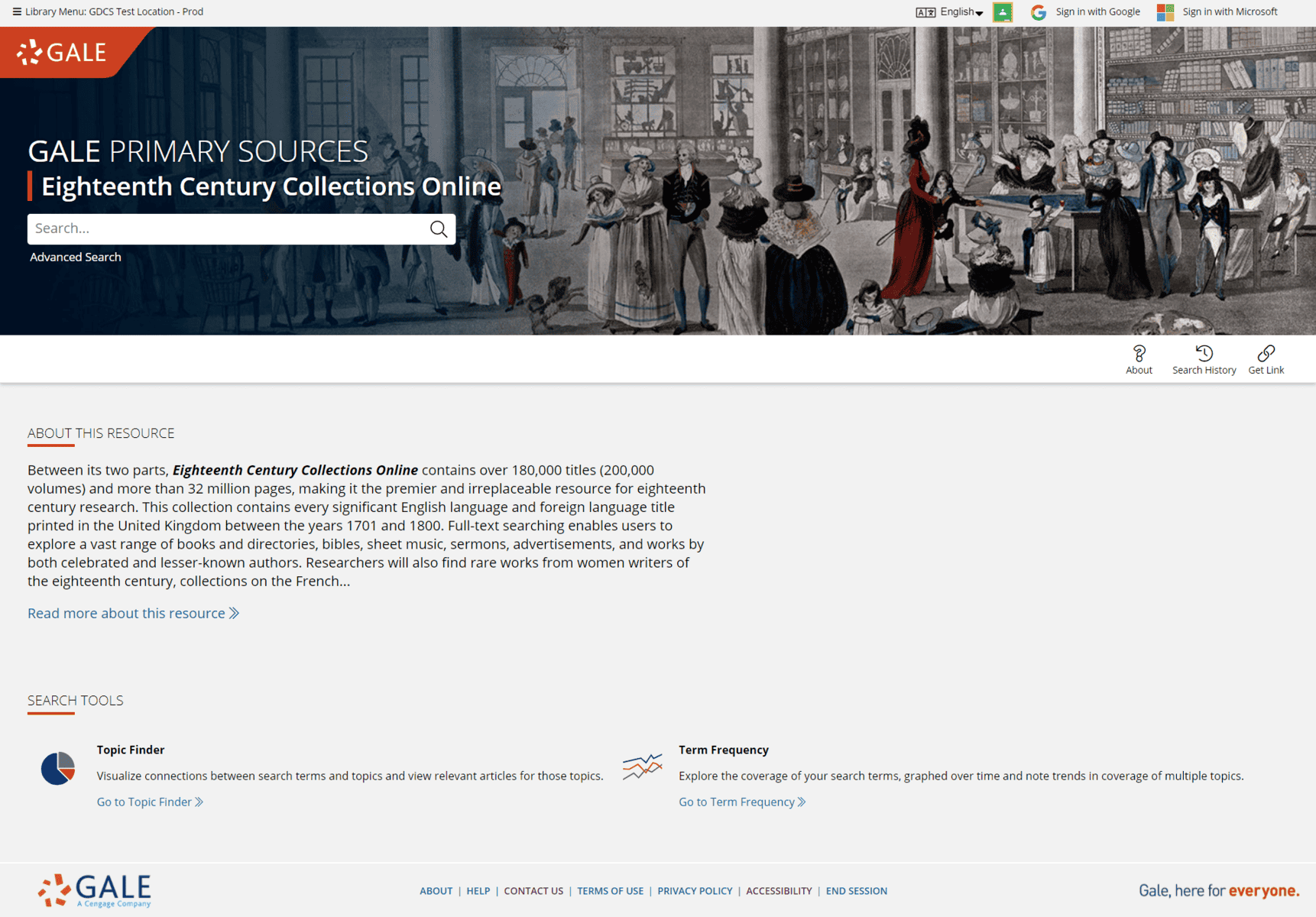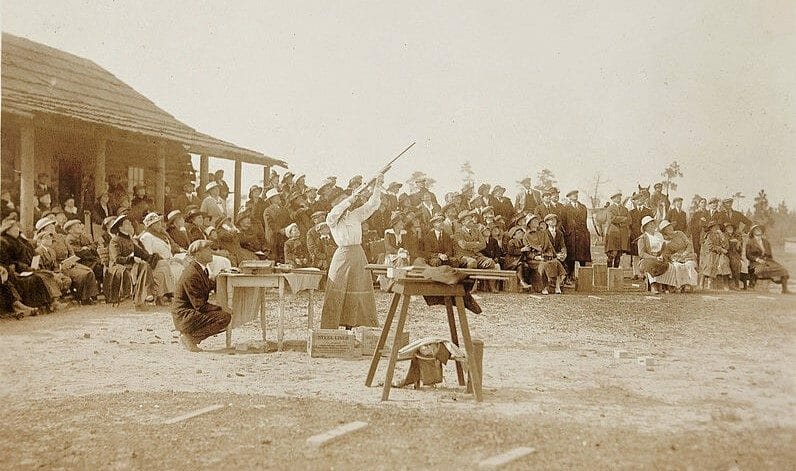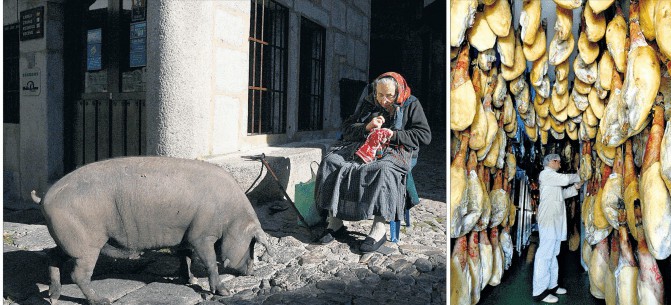│By Bennett Graff, Senior Acquisitions Editor, Gale Primary Sources│
Released in early 2020, Refugees, Relief, and Resettlement: Forced Migration and World War II lets students and scholars explore the largest displacement of people in human history, which occurred in the near decade-long window just before, during, and shortly after the Second World War. When Gale creates any of its archives, a great deal of planning – which can range from two to five or more years – will have gone into its conception and execution. During that period, Gale’s editors weigh a series of factors before the decision to proceed with the project. In this post, we’ll consider two of these factors in relation to Gale’s Refugees archive: contemporary relevance and academic research trends.

